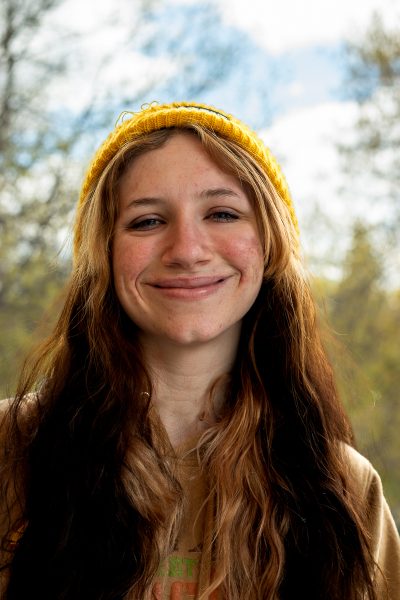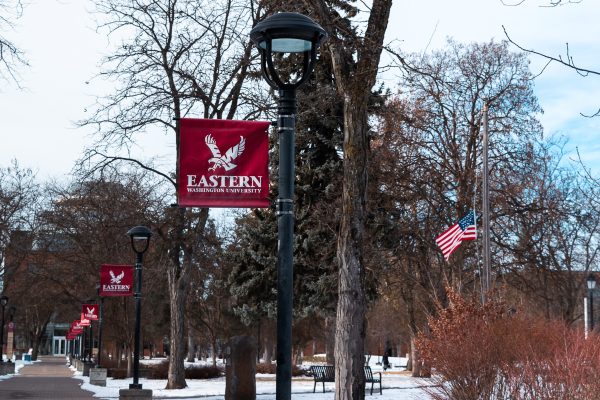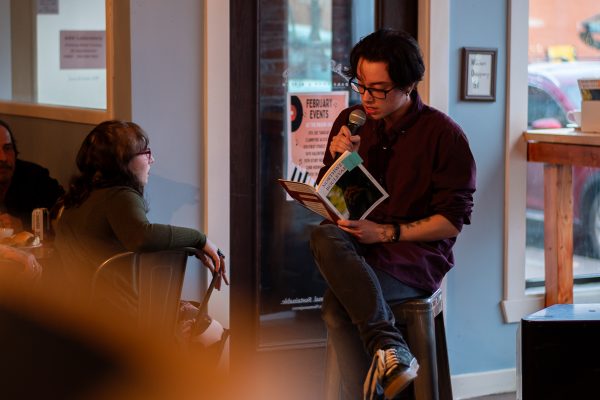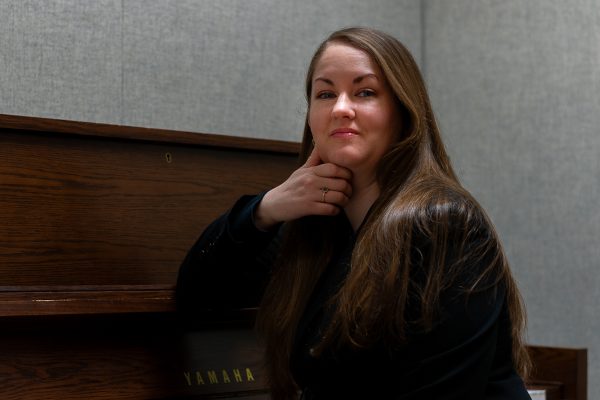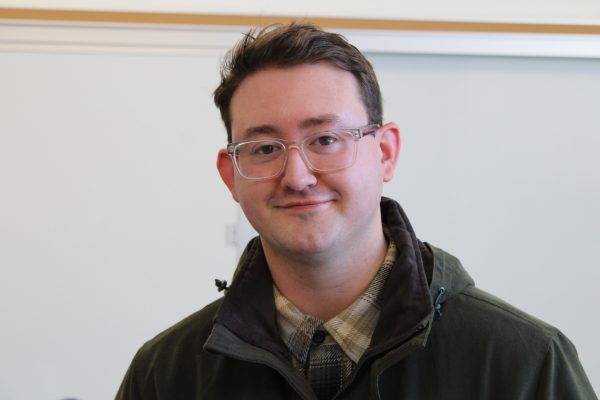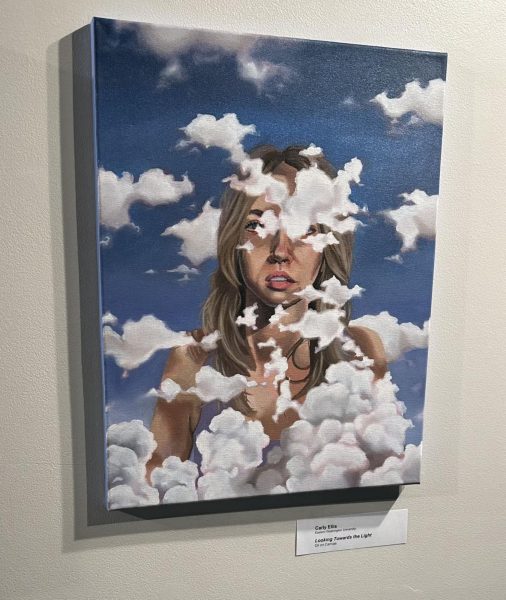Day of the Dead Celebration at Eastern Washington University Both Festive and Informational
November 2, 2022
Looking back at his time as a student at Eastern Washington University, Dr. Martin Garcia recalls fond memories of celebrating Dia de los Muertos, or Day of the Dead, with his peers.
He claims that the delicious foods, dressing up as traditional depictions of cadavers, and festive dancing all helped him to more greatly appreciate the two-day event. It also helped him develop a sense of belonging within the university.
EWU’s Movimiento Estudiantil Chicano de Aztlán (MEChA) student organization hosts a public celebration for the Day of the Dead every year. A major goal of this celebration is to inform the student body about the significance and rituals associated with the tradition. In addition to giving students the opportunity to connect with their culture and feel more at home within the university, the celebration fosters awareness in the wider community.
Day of the Dead is a Mexican traditional holiday for celebrating the lives of those who have passed away. It is characterized by bright colors, a variety of food, and the creation of an ofrenda, or alter, for the deceased.
“The alters… I can’t stress enough just how significant they are,” said Zeke Maceda, student leader of MEChA. “Alters are kind of what make or break Dia de los Muertos, because of how you shape them.”
While MEChA’s EWU day of the dead celebration involves many of the festive elements related to the holiday, Maceda was clear that at its core the purpose was to inform.
“We at MEChA just want Dia de los Muertos to serve as a point of reference for people here at Eastern,” he said. “All the decorations that are put in there are put there for a specific reason, and at our event we like to highlight that.”
“I do worry that because [Day of the Dead and Halloween] are so close to each other that eventually the Day of the Dead and Halloween are going to be indistinguishable” -Dr Martin Garcia, EWU Professor
Despite starting the day after Halloween, the two events are not the same. Both Maceda and Garcia were clear that while Halloween is treated as a night for fun and dressing up, Day of the Dead is a very spiritual and impactful tradition for many.
“This is not something to be like, ‘Let’s throw a big party, let’s all get drunk, let’s all do this. This is Dia de los Muertos. This is innocent, this is something that is very down to earth. We are talking about communicating with people from a different realm,” Maceda said of how Day of the Dead differs from Halloween.
“I do worry that because [Day of the Dead and Halloween] are so close to each other that eventually the Day of the Dead and Halloween are going to be indistinguishable and would be considered yet another form of cultural imperialism,” Garcia said.
Garcia said that he would dress as figures popular in Day of the Dead while attending Halloween events in order to bring attention to the holiday.
Last year, the Day of the Dead celebration won event of the year on campus. This year will be its second year back after quarantine ended.
Dia de los Muertos events on campus:
10/31 & 11/1 – Marigold Workshop : Monroe Hall 205, 4 PM
11/1 – Alter Workshop : Monroe Hall 205, 5 PM
11/3 – Clubs and Organizations Alter Setup : PUB NCR, 1 PM
11/3 – Dia de los Muertos : PUB NCR, 4:30 PM



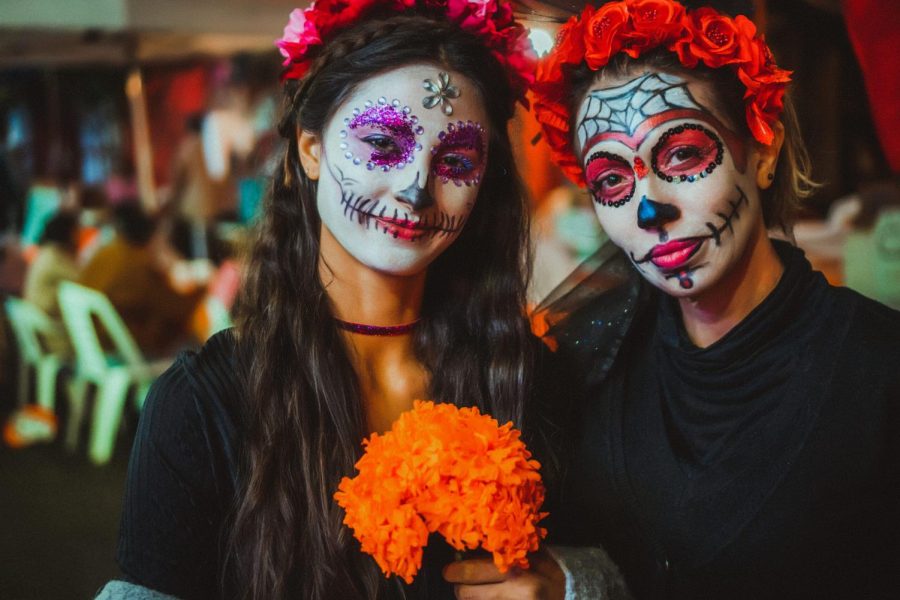


![Simmons said the biggest reasons for her success this year were “God, hard work, and trusting [her] coach and what she has planned.”](https://theeasterner.org/wp-content/uploads/2024/05/image1-1-1200x800.jpg)

